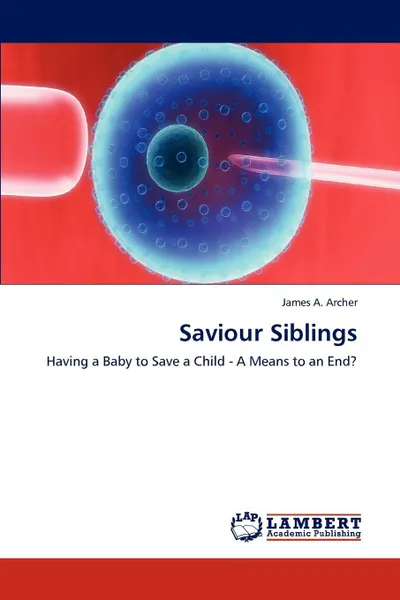Saviour Siblings 12+
📖 One of the most controversial uses of preimplantation genetic diagnosis (PGD) in recent times is the creation of so called 'saviour siblings': children created by selecting embryos that are genetically tissue matched so that the child born can serve as a donor to an existing sick sibling requiring a stem cell transplant. This monograph addresses the science and regulation of saviour sibling technology in the UK, outlining the two distinct methods of saviour sibling selection and offering analysis of the UK's statutory approach. Furthermore, analysis of the main ethical concerns raised in conjunction with saviour sibling technology is provided: the fear that such behaviour treats the created child as a means to an end, rather than an end in themselves; claims that sufficient consideration of the created child's welfare are not given, leaving the child vulnerable to physical or psychological harm; and the assertion that saviour sibling technology is a step on the slippery slope towards designer babies and other eugenic pursuits.
Мнения
